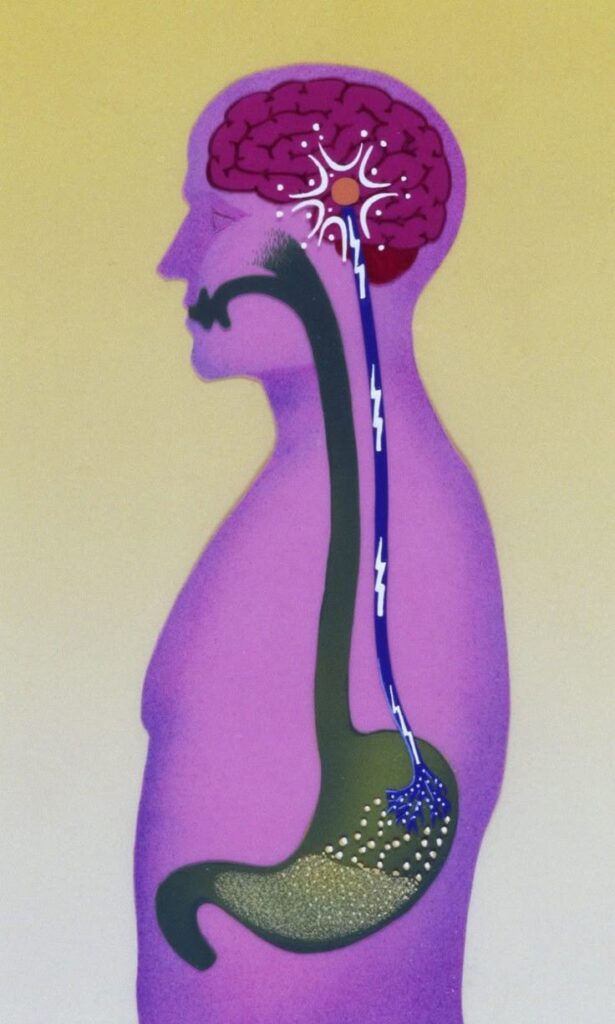
Ozempic Brain Fog and Its Side Effects
Ozempic (semaglutide) is an extremely beneficial medication used for managing type 2 diabetes and aiding weight loss, but some users report cognitive issues commonly known as Ozempic brain fog. Here we will investigate this phenomenon further and identify potential triggers to consider when taking this drug.
What Is Ozempic and How Does It Work?
Ozempic belongs to a class of drugs called GLP-1 receptor agonists which work by:
- Increase insulin production when glucose levels rise by increasing insulin production.
- Slowing digestion to curb appetite.
- Helping manage blood sugar levels.
- Ozempic, originally approved to treat diabetes, has recently garnered widespread recognition as an off-label solution to weight loss due to its appetite-suppressant capabilities.
What Is Brain Fog?
Brain fog isn’t an illness; rather it refers to a set of symptoms which impair mental clarity and interfere with its proper functioning. People experiencing it frequently report issues like:
Concentration problems, short-term memory lapses and slower thinking all increase fatigue or create “clouded” states in our heads that interfere with effective work performance.
While brain fog may arise for various reasons–stress, lack of restful sleep or diet–some users believe theirs has started after beginning Ozempic.
Ozempic and Brain Fog: Are There Links? Although Ozempic has yet to officially list brain fog as one of its side effects, anecdotal reports have hinted at an association. We will explore all possible explanations:
1.Nutrient Deficiencies Caused by Appetite Loss
Ozempic significantly suppresses appetites, often leading to people eating far fewer calories than necessary and leaving essential B-vitamin, iron and omega-3 fatty acid requirements unmet leading to nutritional deficiency which impairs cognitive performance and can impair cognitive health.
Example 20-word string:
Lack of proper nutrition due to reduced appetite can result in fatigue, forgetfulness and overall cognitive slowdown during daily tasks.
2.Blood Sugar Fluctuations Rapid changes to one’s blood sugar can be shocking for their bodies. For individuals suffering long-term insulin resistance, rapid stabilizing of their levels may produce dizziness, fatigue and/or fogginess as an adjustment period is underway – sometimes too quickly stabilizing can feel overbearing to the system.
3.Dehydration and Nausea
Ozempic is well known to produce adverse gastrointestinal side effects, including nausea, vomiting and diarrhea, that can contribute to dehydration – another common source of brain fog.
Ozempic Users Have Reported Other Brain-Related Side Effects In addition to brain fog, users of Ozempic have also noted other neurological symptoms; while not yet confirmed through clinical research studies or personal testimonials – such as:
Headaches, dizziness, mood swings and mild confusion are possible side effects; more research needs to be completed in order to establish any definitive linkage.
What to Do if You Experience Brain Fog on Ozempic If you experience brain fog while using Ozempic, these steps could help:
- Discuss With Your Physician: Seek professional advice before altering or increasing any dosage levels on your own.
- Monitor Your Symptoms: Keeping a journal may help track when and why the fog appears as well as any foods eaten beforehand or actions undertaken prior to its appearance.
- Make Sure Your Diet Is Sufficient for Brain Health: Ensure you are receiving enough calories and key nutrients that support brain health in order to promote its optimal performance.
- Stay Hydrated: Be sure to drink enough fluids if experiencing nausea or digestive distress, particularly if experiencing any type of nausea-inducing sensations such as stomach upset.
Conclusion
While brain fog and other cognitive symptoms may appear alarming, they’re usually temporary and manageable with time. Over time, users’ cognitive function often improves once their bodies adjust to medication prescribed; the key is keeping in close communication with healthcare provider should symptoms persist.
Ozempic is an invaluable aid to managing diabetes and supporting weight loss–but like any medication, there may be possible side effects. Being informed and taking proactive measures could make all the difference to your experience with Ozempic.
SEE MORE:https://nutritionnest.site/wp-admin/post.php?post=613&action=edit
 healthybodyboost.net Healthy Body Boost
healthybodyboost.net Healthy Body Boost



